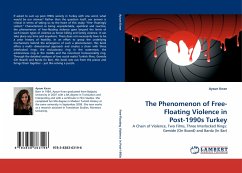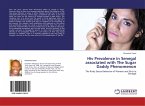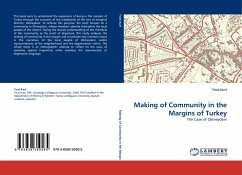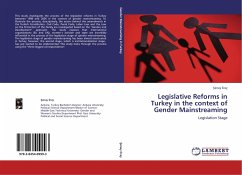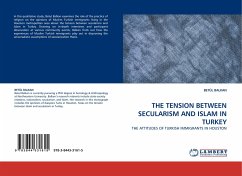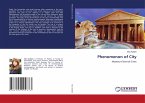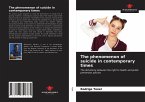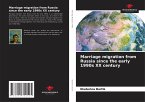If asked to sum up post-1990s society in Turkey with one word, what would be our answer? Rather than the question itself, our answer is critical in terms of taking us to the heart of this study: "free- floatingly violent." Characterized as being unpredictable, apolitical and reactive, the phenomenon of free-floating violence goes beyond the limits of such known types of violence as honor killing and family violence. It can take place any time and anywhere. There does not necessarily have to be a prior history of hostility. In an effort to grasp the underlying mechanisms behind the emergence of such a phenomenon, this book offers a multi- dimensional approach and creates a chain with three interlocked rings: the exclusionary ring in the outermost, the arbitrariness ring in the middle and the innermost homosociality ring. Through the detailed analyses of two social realist Turkish films, Gemide (On Board) and Barda (In Bar), this book sets out from the pieces and brings them together just like solving a puzzle.

